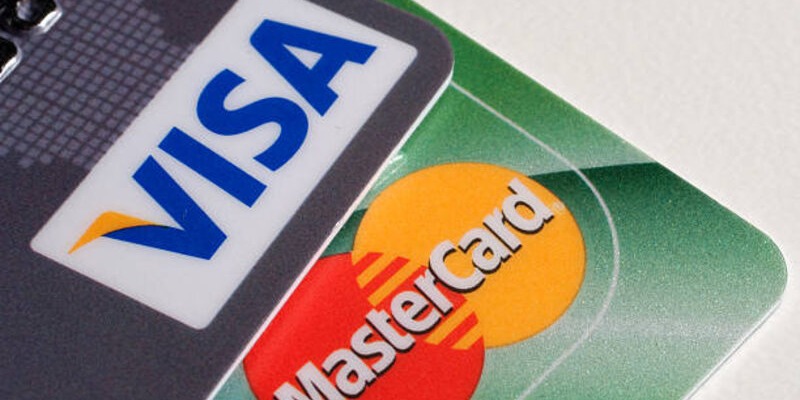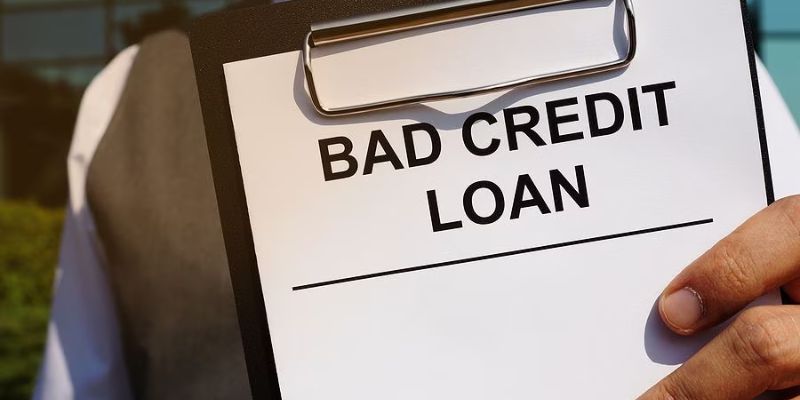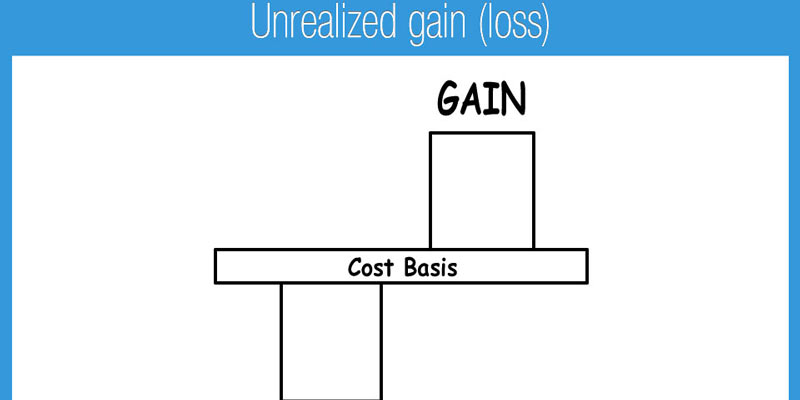Zero Interest Loans: Why You Should Beware
Dec 05, 2024 By Kelly Walker
Are you considering a zero-interest loan? If so, it may seem like an offer that's too good to be true. Zero percent financing sounds great initially - no accrued interest and the ability to pay off the entire balance over time.
However, before signing on for one of these loans, there are certain factors you should take into account to avoid any surprises or unwanted outcomes down the road.
In this blog post, we'll discuss why zero-interest loans aren't always what they appear to be and provide some important tips on how you can protect yourself if you decide to move forward with one. Customer beware.
What are Zero Interest Loans, and how do they work
Zero Interest Loans (ZILs) are a type of loan offered by lenders where the borrower is not required to pay any interest on the loan. This is attractive for borrowers because it eliminates the need to make monthly interest payments, allowing them to pay back the principal amount much faster than a regular loan.
The most common Zero Interest Loan involves the lender providing the borrower with the full amount up front. This means that the borrower will have to repay the entire loan amount in one lump sum at the end of the repayment period. This situation can be difficult for some borrowers who may need more funds to make such a large repayment.
Borrowers should also consider that Zero Interest Loans do not typically build credit since they don't require payments toward interest. This can be a problem if the borrower wants to take out additional loans in the future, as they may need more credit history to qualify for more traditional loans.
Zero Interest Loans also require borrowers to adhere to certain repayment terms and conditions, which may include early repayment penalties or other restrictions. These can make it difficult for borrowers to pay off the loan earlier than expected or make changes to their repayment plan.
The Pros and Cons of this type of loan
The biggest benefit of Zero Interest Loans is, of course, the lack of accruing interest. This can be a great option for those who want to avoid paying high-interest rates and need extra time to repay their loan. Zero Interest Loans are also often offered with low administrative or processing fees, which can help keep costs down.
On the other hand, Zero Interest Loans also have some downsides. Borrowers should be aware that these loans often require a lump sum payment at the end of their repayment period, which can be difficult for some to manage.
Zero Interest Loans typically don’t build credit, so those planning to take out additional loans may want to consider other options. Finally, Zero Interest Loans often come with various restrictions and requirements that can make it difficult for borrowers to pay off their loan earlier than expected or make changes to their repayment plan.
Common Pitfalls to Avoid when Taking out a Zero Interest Loan
If you're considering a Zero Interest Loan, it's important to be aware of the potential pitfalls that can come with them. Here are some common mistakes to avoid:
- Not comparing lenders: Zero Interest Loans may seem like a great deal at first, but it's important to shop around and compare different offers from different lenders to ensure you're getting the best deal.
- Need help understanding repayment terms: Zero Interest Loans often come with various restrictions and requirements, so it's important to thoroughly read through the fine print before signing any documents.
- Ignoring other costs: Zero Interest Loans may not require payments toward interest, but that doesn't necessarily mean there won't be any other costs associated with the loan. Ask about any additional processing, administrative or late fees that may apply.
- Not planning for the lump sum repayment: Zero Interest Loans require borrowers to pay back the full amount in one lump sum at the end of their repayment period. Before taking out a Zero Interest Loan, it's important to make sure you have a plan for managing this lump sum payment.
Regardless of the type of loan you're considering, it's always important to do your research and only take out loans within your means. Zero Interest Loans can be a great option for those who want to avoid paying high-interest rates and need more time to pay off their loan.
But it's important to be aware of all the pitfalls that come with them. By understanding the potential risks associated with Zero Interest Loans, you can ensure you make the best decision for your financial future.
Understanding the Hidden Fees Associated with these Loans
Zero Interest Loans may not require payments toward interest, but it’s important to know the hidden fees associated with these loans. Zero Interest Loans often come with other costs, such as administrative or processing fees, that can quickly add up and increase the overall cost you pay for the loan.
For example, some lenders may charge a fee for prepayment of the loan, which can be costly if you decide to pay off your Zero Interest Loan early. Some Zero Interest Loans may come with late fees, making it more expensive to repay your loan over time.
It’s important to ask about any additional costs before taking out a Zero Interest Loan and factor these in when deciding. Finally, Zero Interest Loans may come with additional restrictions that make it difficult to adjust your repayment plan or make changes once the loan is signed.
Alternatives to Consider Before Opting for a Zero-Interest Loan

Before opting for a Zero Interest Loan, it’s important to consider all other alternatives. Zero Interest Loans may seem like an attractive option, but they come with various hidden costs and restrictions that can make them more difficult to pay off over time.
One alternative is refinancing your existing debt or consolidating your loans into a single loan with a lower interest rate. This can make it easier to pay off your debt over time as you will pay less interest.
Another option is to look into balance transfer cards that offer an introductory 0% APR period. These cards often come with no annual fees and allow borrowers to transfer their balances from high-interest cards to a card with an introductory 0% rate. This can provide some relief over the short term and help you to save money on interest payments.
Finally, it’s important to look at your budget and see if there are any areas where you can cut back spending to pay off your debt faster. Making small changes to your budget can go a long way in helping you pay off your debt quickly and save money on interest payments.
FAQs
Should I take a no-interest loan?
It depends on your financial needs and situation. Zero Interest Loans can be a great option for those who need more time to pay off their loan and want to avoid paying high-interest rates. However, it's important to understand the restrictions and additional costs associated with Zero Interest Loans before deciding.
Are Zero Interest Loans risky?
Yes, Zero Interest Loans can be risky. It's important to understand the potential pitfalls associated with Zero Interest Loans and make sure you have a plan for managing this lump sum payment.
What are some alternatives to Zero Interest Loans?
Before opting for a Zero Interest Loan, it’s important to consider all other alternatives. Alternatives such as refinancing existing debt or consolidating your loans into a single loan with a lower interest rate, balance transfer cards with an introductory 0% APR period, and reducing your budget can all be viable options.
Conclusion
While zero percent financing may be attractive, it pays to research before making any commitments. Ensure you understand all the potential fees and other stipulations involved in order to make a sensible decision that is beneficial for both immediate finances and long-term objectives. Being informed will help you choose wisely - don't forget this invaluable lesson.

What Is an After-Tax Contribution?

Why Not Buy Before the Dividend and Then Sell?

A Comprehensive Review of Capital One Walmart Rewards Mastercard

What Is Form 1095-C: Employer-Provided Health Insurance Offer and Coverage?

Best Student Loans for Bad Credit

How Is Margin Interest Calculated?

What Is a Float-Down Lock in Mortgage Rates?

What Are Unrealized Gains and Losses?

Form 9465: Installment Agreement Request


